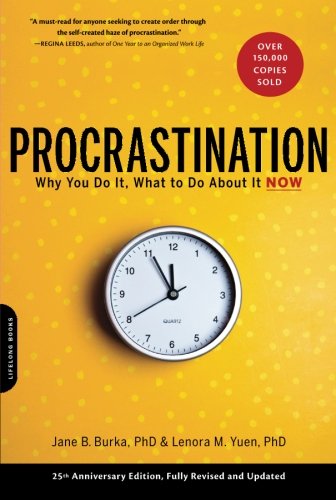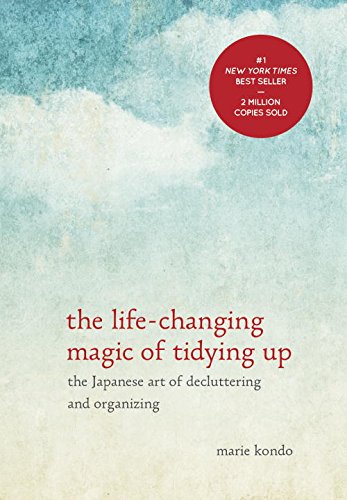Most people say they are busy. But are they ? Americans are famous for being workaholics (fully 25 % of us). How busy is too busy ?
I would like to present my thoughts on the issue. Then I would like to present some other sources which are more authoritative.
It is important to understand what is not too busy. If you work full time, but have no time to work out or see your spouse, and yet you have time to game, watch TV or get a professional pedicure, you are not too busy.
You are not too busy if you find that working at your desk leads to hours of randomly surfing the web or checking social media. You can only assess yourself once you have cut all the unintended time wasting from your life. If you are mindfully watching a film, or checking specific things in social media for a few minutes, that is fine and does not count as time wasting.
So let’s say you have optimized the way you work and spend your time (a topic for another day). Let’s say you have reviewed your schedule and have decided that everything on it is important and nothing can be cut. Then you have met the “ inclusion criteria” and can ask yourself these questions:
- Am I getting less than 7 hours of sleep on a regular basis ?
- Do I feel a constant sense of frustration at not getting things done ?
- Do I lack time to work out for 30 minutes per day ?
- Do I lack time to eat three healthy meals and snacks ?
- Am I getting sick too often ?
- Is the quality of my work getting lower and lower ?
- Am I neglecting important relationships ?
If you met the inclusion criteria and you answered yes to any of these things, you should consider thinking about whether you are overcommitted. These would be the relevant endpoints for me, after 54 years of living with, working with and being an overcommitted person.
WEBMD
http://www.webmd.com/balance/features/are-you-a-workaholic?page=2
This article places workaholism in its psychiatric context. It is a compulsion to go work, combined with discomfort when not working. So it is much more than working hard, or working a lot. They site signs like trouble delegating, thinking about work while on vacation, or neglecting one’s nonworking life. They indicate that cognitive behavioral therapy and support groups can be helpful.
US NEWS
http://money.usnews.com/money/careers/slideshows/17-signs-you-might-be-a-workaholic/2
This feature described signs you might be a workaholic. Noteworthy signs including having no hobbies, working through lunch every day, coming to work when sick, being accessible to work all the time, and consistently overbooking.
The WORKAHOLICS ANONYMOUS site is a real eye opener.
http://www.workaholics-anonymous.org/10-literature/24-twenty-questions
Surprises in their list of 20 questions include "Do you regularly underestimate how long something will take the rush to complete it ?” This is a more in depth read and I recommend it.
FORBES
http://www.forbes.com/sites/deborahlee/2014/10/20/5-signs-you-might-be-a-workaholic/#430847d833d1
Forbes showcases a very worthy article about work-life balance, citing some interesting statistics including the following : "Americans put in more hours than workers in other wealthy countries and are more likely to work nights and weekends.” They alsogive an introduction to Bryan Robinson’s book “ Chained to the Desk”, which is available on Amazon.
The follow up articles in the same series
http://www.forbes.com/sites/deborahlee/2014/10/20/6-tips-for-better-work-life-balance/#5ae8fd25dbc9
details 6 tips for a better work like balance. The two tops which appeal to me the most are “ Letting go of perfectionism” and “ Limit time wasting activities and people”.
SCIENCE DAILY
https://www.sciencedaily.com/terms/workaholic.htm
This site highlights some more surprising aspects of workaholism including the observation that workaholics lose track of time. They also highlight some chilling aspects of workaholism including the problem in Japan, where early death related to workaholism has its own word, karoshi. We all know that workaholism takes a huge toll on mental and physical health, but death by karoshi is hard to fathom.
I am going to strive in the next few weeks to make my posts more brief. I will feature more outside sources. It is my hope that these posts will be easier to write and easier to read. This is one step I will be taking toward a better work like balance.
Send me your thoughts on the matter. I would love to see what you think.










































